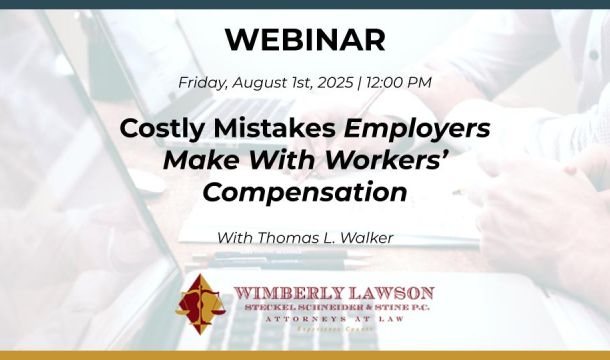What Impact Does the Opioid Crisis Have on Employment?
This week, Federal Reserve Chair Janet Yellen connected the ongoing opioid crisis in the United States to declining labor force participation, although she could not say whether the opioid crisis is a cause or an effect. "I do think it is related to declining labor force participation among prime-age workers," Yellen said while answering questions during testimony before the Senate Banking Committee on July 13. "I don't know if it's causal or if it's a symptom of long-running economic maladies that have affected these communities and particularly affected workers who have seen their job opportunities decline."
Asked whether there is a clear connection between opioids and an opportunity to go to a job, get employed, and have purpose in life, Yellen said that "all of those things are bound up in this opioid crisis," and are "interacting in ways that are really quite devastating for these individuals and their communities."
Statistics show that labor force participation in the U.S. has decreased substantially since the start of the 21st century, and male involvement in the workforce has been decreasing since the 1950s. The real challenges for employers and the Fed are to determine why prime-age people, in particular, have fallen out of the workforce and then to identify ways that they can bring some of these people back into the labor market.
Yellen's remarks echo the findings of a recent report from Wall Street bank Goldman Sachs, which also addressed the connection between the opioid crisis and labor participation. That report noted that "The opioid epidemic is intertwined with the story of declining prime-age participation, especially for men, and this reinforces our doubts about a rebound in the participation rate. "
According to the United States Department of Health and Human Services, opioid abuse is a serious public health issue. Drug overdose deaths are the leading cause of injury death in the United States. The majority of drug overdose deaths (more than six out of ten) involve an opioid. Since 1999, the number of overdose deaths involving opioids (including prescription opioids and heroin) quadrupled. From 2000 to 2015 more than half a million people died from drug overdoses. 91 Americans die every day from an opioid overdose.
The opioid crisis also affects employers in significant ways. According to a survey released earlier this year by the National Safety Council, approximately 70 percent of employers say their organization has experienced negative impacts from prescription drug abuse among employees. Specifically:
- 39 percent report absenteeism as the result of drug abuse
- 29 percent have detected decreased or impaired job performance
- 29 percent report employees who are dealing with a family member's addiction problems
- 22 percent report complaints to HR and lower employee morale as a result of drug abuse
- Yet, only 19 percent of the HR personnel surveyed say they feel prepared to deal with the issue.
Bottom line: The opioid crisis is a serious issue that affects all employers and the overall U.S. economy. Wall Street has taken notice, but that doesn't mean that there will be a resolution of this problem any time soon.

Kathleen J. Jennings is a former principal in the Atlanta office of Wimberly, Lawson, Steckel, Schneider, & Stine, P.C. She defends employers in employment matters, such as sexual harassment, discrimination, Wage and Hour, OSHA, restrictive covenants, and other employment litigation and provides training and counseling to employers in employment matters.
Related Content
Get Email Updates
Recent Content

How to Audit Employment Discrimination Laws Compliance

TPS Update (As of 6/17/2025)

TPS Designation for Honduras and Nicaragua Automatically Extended, But the Date is Uncertain

President Trump Discourages Criminal Enforcement of Agency Rules

Supreme Court Suggests Trump Can Fire Agency Heads without Cause
